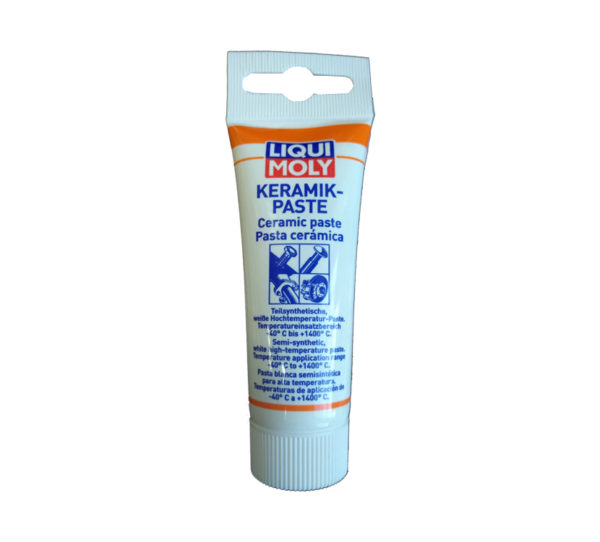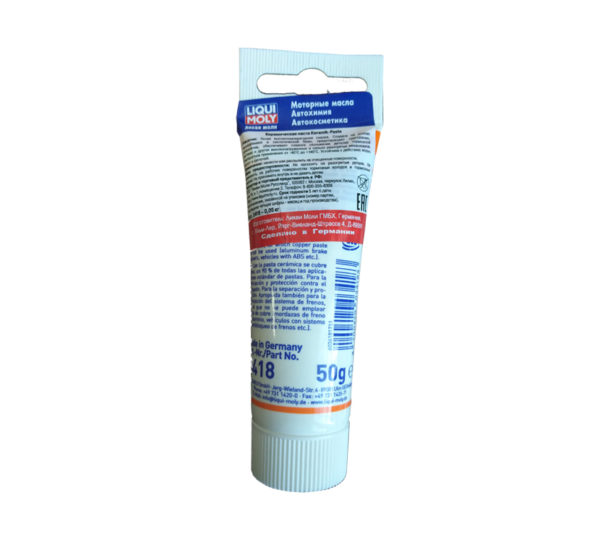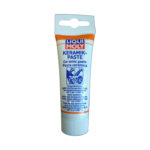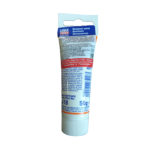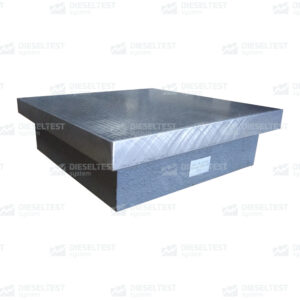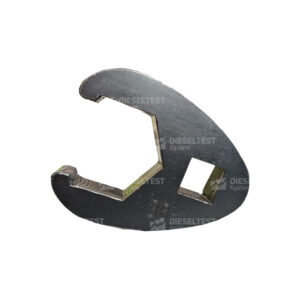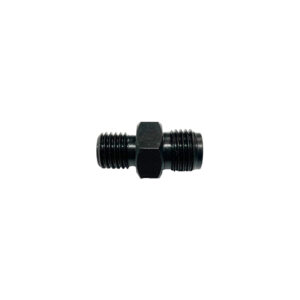Description
Ceramic Paste is a partially synthetic, metal-free universal paste which has been formulated for the most demanding applications. The combination of a partially synthetic base oil, a mature additive technology and the most state-of-the-art solid lubricants from the area of high-tech ceramics has produced a highperformance paste for universal use.
Properties
-resistant to certain organic acids and alkalis
– prevents stick slip
– good water resistance
– prevents seizing and cold welding
– does not attack common sealing materials
– prevents brake noise
– highest load
-carrying capacity
– non-toxic
Areas of application
Used for lubricating all types of high-load sliding surfaces. Used especially for low slide speeds and/or oscillating movements. and for screw, plug-in and bayonet connectors made from steel and non-ferrous metals. Separation of components subject to heat stress, such as internal combustion engines, turbines and motor vehicle brake systems. Corrosion protection of bolts, pins, studs, flanges, spindles and seatings in refineries, steel and cement works as well as shipping and agricultural engineering.
Application
Before treating with Ceramic Paste, all components must be clean and free from residues, dirt and moisture. Apply to cleaned surfaces using a paint brush, brush or lint-free cloth. Apply the amount which is appropriate for the application.



